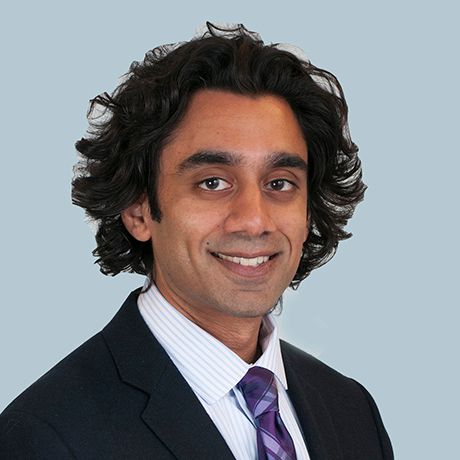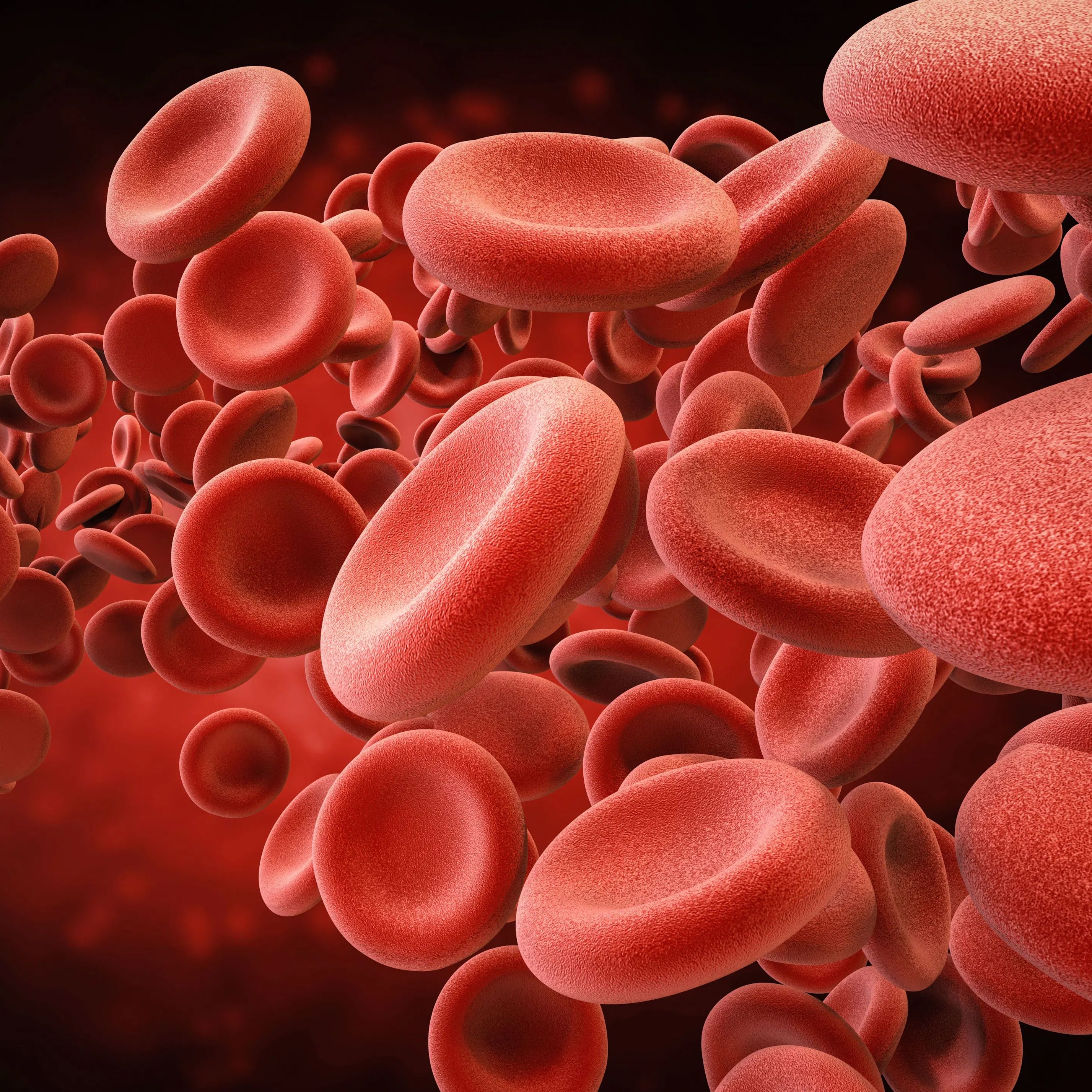Publication
Article
Cardiology Review® Online
Cardiovascular disease in the elderly-our annual checkup
Author(s):
September Song
Cardiology Review
"The days dwindle down to a precious few." Lyrics from the memorable popular music classic capture the poignancy of the first month of autumn, and of course are also a metaphor for our finite life spans. Was this the reason chose September as the month to have its annual special issue on cardiovascular disease in the elderly? The archives of our journal are not clear on this point but as someone who was there "at the creation" I think that may have been a factor. In any event, it is September and time once again to examine those medical issues relevant to our senior citizens. Our first article considers statins from a slightly unusual perspective (and offers opportunity for CME credit as well). We know how useful statins are in treating cardiovascular disease but is there an added benefit in reducing the risk of cancer, especially in the elderly? Prior to their study, the literature has been unclear in this regard and that is why Dr Soko Setoguchi conducted an interrelated analysis of a large cancer registry, a state prescription benefit program, and Medicare health utilization data, all from 1994-2003. At an average follow-up of nearly 3 years, no hard evidence of benefit or harm was found. Dr Peter Jones comments on this ongoing debate for this publication. In the arrhythmia section, Dr Simona Monte and colleagues from Italy argue that antithrombotic treatment is not used enough in high-risk elderly patients with atrial fibrillation. They followed 1812 patients for 1 year after hospital discharge and found that although only 56% of the patients received appropriate treatment, it was these patients that had better survival statistics. I offer additional comment on this unfortunate trend in under-treatment; again, CME credits are offered with this article. In another article covering lipids Lynette D. Peterson and Dr Kausik K. Ray assess the efficacy and safety of achieving the low-density lipoprotein cholesterol goals recommended by the National Cholesterol Education Program in patients with acute coronary symptoms. Patients ≥70 years were compared with those <70. On a positive note the authors found that secondary prevention was as effective in the elderly as with younger patients. Statins play a huge role in secondary prevention. Accordingly, Drs Brian Kral and Roger Blumenthal stress the importance of aggressive treatment in elderly patients in the accompanying commentary. In the heart failure section, 1 of our editorial board members, Dr Michael W. Rich, along with 2 associates (Drs Bao Huynh and Aleksandr Rovner) describe their study of long-term survival in elderly patients hospitalized for congestive heart failure. This 14-year follow-up of a randomized trial of 282 patients found that 25% died within 1 year and only 25% survived longer than 5 years. The authors constructed a 7-item risk-score to provide a reliable estimate of prognosis on admission to the hospital. Once again, I comment on the clinical utility of this approach. Our final contribution is a case report in Images in Cardiology, which describes a congenital anomaly in an older patient and illustrates how these findings do not necessarily mean reduced survival.
— Peter F. Cohn






